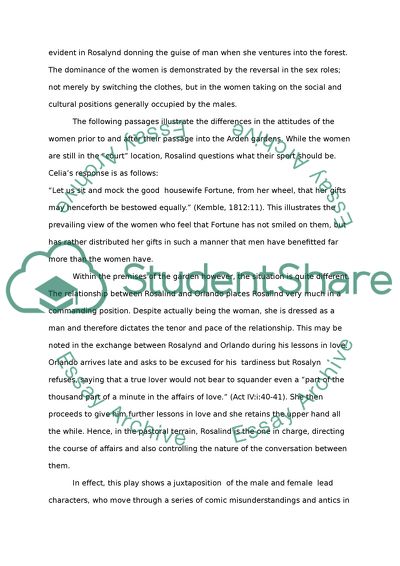Cite this document
(Shakespeare's Play As You Like It Research Paper, n.d.)
Shakespeare's Play As You Like It Research Paper. Retrieved from https://studentshare.org/literature/1746346-shakespeares-as-you-like-it
Shakespeare's Play As You Like It Research Paper. Retrieved from https://studentshare.org/literature/1746346-shakespeares-as-you-like-it
(Shakespeare'S Play As You Like It Research Paper)
Shakespeare'S Play As You Like It Research Paper. https://studentshare.org/literature/1746346-shakespeares-as-you-like-it.
Shakespeare'S Play As You Like It Research Paper. https://studentshare.org/literature/1746346-shakespeares-as-you-like-it.
“Shakespeare'S Play As You Like It Research Paper”, n.d. https://studentshare.org/literature/1746346-shakespeares-as-you-like-it.


